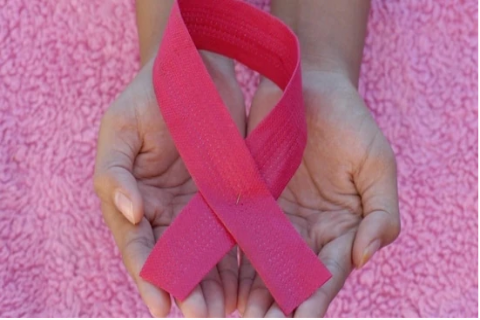CAR T-cell therapy trials for cancer treatment begin in Mumbai

Dr Narula said the trials have kicked off at the Advanced Centre for Treatment, Research and Education in Cancer the research and development wing of Tata Memorial Centre. “More details of the trial will be revealed soon,” he added.
The clinical trial of an indigenously developed CAR T-cell therapy for blood cancer treatment has begun at Mumbai’s Tata Memorial Centre, said researchers of the Indian Institute of Technology, Bombay (IIT-B), who have developed this gene therapy.
CAR T-cells (chimeric antigen receptor T-cells) are cells that are genetically engineered to produce an artificial T-cell receptor, which is widely used in developed nations for immunotherapy during cancer treatment. But the technology is not available in India yet.
A team of researchers from the bioscience and bioengineering department of IIT-B, led by professor Rahul Purwar, have now designed and developed the first indigenous CAR T-cell therapy with clinical inputs from Dr Gaurav Narula, professor of paediatric oncology and health sciences at Tata Memorial Centre, and his team. The therapy targets leukaemia and lymphoma, and the team has applied for national and international patents for the research.
The design developed by IIT-B uses lentiviral technology. In gene therapy, this is a method of inserting, modifying, or deleting genes in organisms using lentivirus – a family of viruses responsible for diseases such as AIDS (acquired immunodeficiency syndrome).
“The first phase of clinical trials has kicked off during which the safety aspect of the drug will be studied. This is a huge first step for India in terms of being self-reliant in cancer treatment,” said Purwar.
Dr Narula said the trials have kicked off at the Advanced Centre for Treatment, Research and Education in Cancer the research and development wing of Tata Memorial Centre. “More details of the trial will be revealed soon,” he added.
Last June, Hindustan Times reported that the central government’s National Biopharma Mission (NBM)-Biotechnology Industry Research Assistance Council (BIRAC) had approved ₹18.96 crore to the team for conducting the first and second phase clinical trials on humans. BIRAC had said that if the trial succeeds, it will benefit patients who are at present forced to opt for palliative care.
IIT-B director Subhasis Chaudhuri said this was a significant feat for the institute as well as the country. “We at IIT-B are delighted that our scientists along with Tata hospital have come out with the most sophisticated therapy in cancer treatment. If the trials are successful, it may save millions of lives by making the treatment available in India at an affordable cost. It is a research of IIT-B that is expected to touch the lives of all,” said Chaudhuri.
“One of the major reasons for the therapy’s unavailability in India is that it is exorbitantly expensive. Pharmaceutical companies don’t see a market for such expensive treatment in India,” said Purwar.
Each of the two CAR-T products approved by the United States of America – Kymriah and Yescarta – could cost ₹5 crore per patient and go up to ₹10 crore, including hospital expenses. The Indian team is working on reducing this cost down to ₹20 lakh. “A large part of the manufacturing cost goes towards skilled labour. While we are at an initial stage, we will try to bring the costs significantly down,” said Purwar.
While existing treatment works towards increasing the life of patients by a few years or months, CAR-T technology holds the promise of curing certain types of cancers. Unlike chemotherapy, this drug is administered only once to the patient. “Current treatment strategies, such as chemotherapy, are aimed at promoting life by a few months or years. They are not intended to cure cancer. The CAR-T cells have been fairly successful in curing cancers in some developed nations,” said Purwar.

